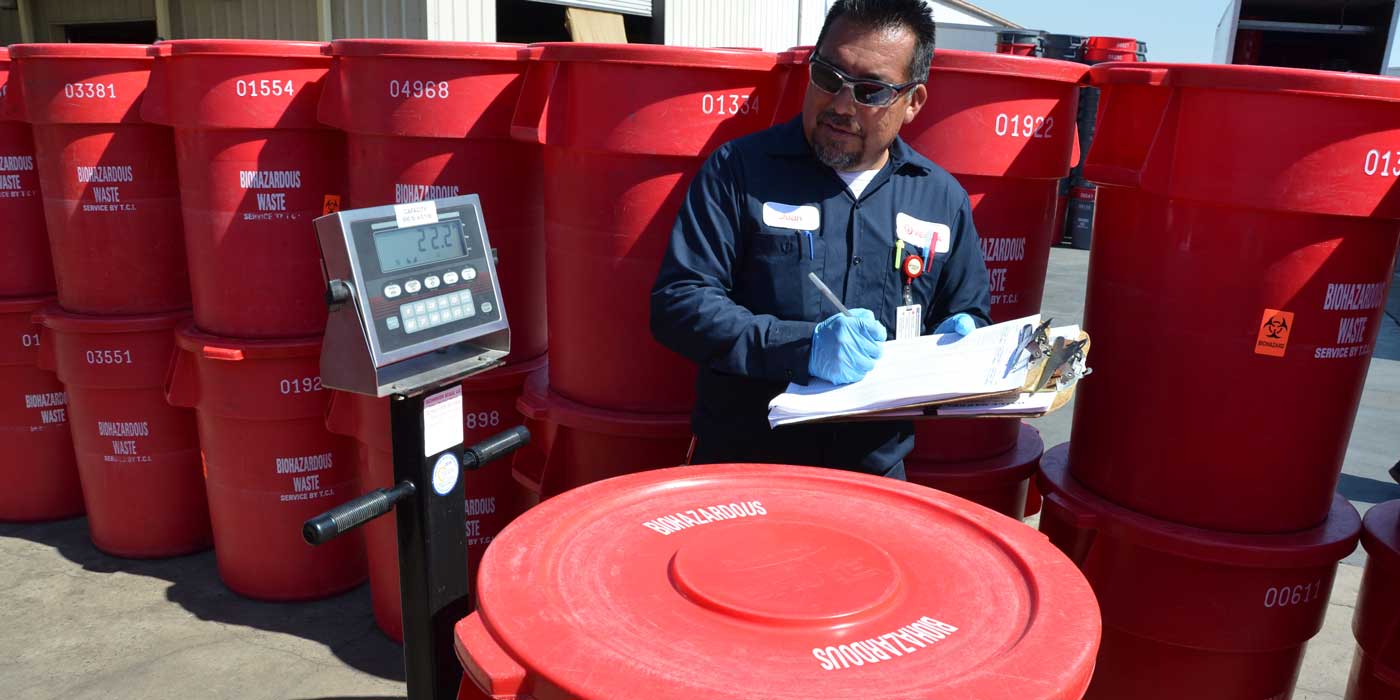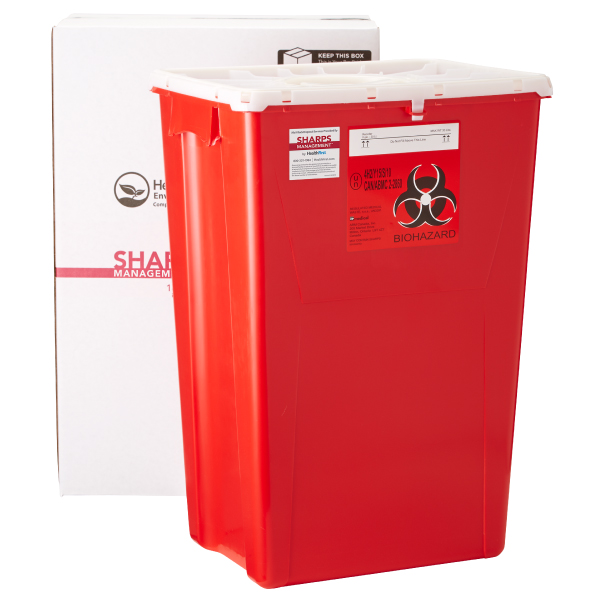Local Dedication: Your Neighborhood's Leading Medical Waste Removal Near Me
Local Dedication: Your Neighborhood's Leading Medical Waste Removal Near Me
Blog Article
Exploring Different Waste Disposal Options for a Cleanser Setting
In the pursuit of a cleaner setting, the administration of garbage disposal has actually arised as a critical prime focus for lasting development. With a wide range of waste disposal alternatives available, varying from typical garbage dump techniques to innovative waste-to-energy technologies, the option of exactly how we manage our waste has far-reaching effects for our planet's health. By taking a look at the different techniques and methods employed in recycling, composting, incineration, land fill administration, and waste-to-energy procedures, a deeper understanding of their effects and efficiency can be acquired. The mission for ideal waste disposal techniques that focus on environmental preservation while satisfying the demands of a growing populace stays a pressing issue in today's globe.
Recycling Techniques
Executing efficient recycling methods is critical in decreasing waste and promoting sustainability in our setting. Reusing involves the procedure of transforming waste materials into recyclable objects to avoid unneeded disposal.
Another important recycling technique is composting, which entails breaking down organic waste like food scraps and yard trimmings into nutrient-rich dirt. This procedure not just draws away natural waste from land fills however likewise produces an important source for horticulture and farming. Additionally, upcycling is a creative recycling approach that involves transforming old or thrown out materials into products of higher high quality or worth. By incorporating these different reusing techniques into our waste monitoring techniques, we can significantly lower our ecological footprint and move in the direction of an extra lasting future.

Composting Strategies
Effective waste management methods, such as recycling methods, lead the way for a cleaner environment, and currently, shifting the focus to 'Composting Techniques', we explore sustainable ways to decay organic waste for ecological benefit. medical waste removal near me.
Composting is a natural process that changes natural waste, like food scraps and backyard trimmings, into a nutrient-rich soil modification. The key to effective composting depends on creating the best equilibrium of eco-friendly materials, such as vegetables and fruit scraps, and brown products, like dried branches and fallen leaves. These materials disintegrate with the help of microorganisms, breaking down the waste into beneficial garden compost.
Standard yard composting involves layering organic products in a bin or heap and consistently transforming the mixture to aerate it. By using composting methods, we can decrease the quantity of waste sent to garbage dumps while producing a beneficial product for enriching soil and supporting plant growth.
Incineration Advantages And Disadvantages
Incineration, as a waste disposal technique, offers both advantages and downsides that warrant cautious consideration in the realm of lasting waste administration methods. On the favorable side, incineration can considerably lower the quantity of waste, minimizing the requirement for landfill room and possibly decreasing greenhouse gas discharges.
Furthermore, the high first financial investment and functional prices of incineration facilities position economic challenges, making it a less affordable choice compared to various other waste management approaches. Mindful tracking and law are vital to minimize these unfavorable impacts and take full advantage of the benefits of incineration as component of a comprehensive waste management strategy.
Landfill Management Methods
Landfills play an essential role in waste management and environmental preservation by providing a containment system for the disposal of strong waste materials. Efficient landfill monitoring techniques are important to reduce environmental impacts and make sure the lasting sustainability of these garbage disposal sites. One vital technique is proper waste compaction to make the most of blog making use of readily available space within the garbage dump (click here). By condensing the waste, the quantity is lowered, enabling more waste to be suited with time.
In addition, the implementation of daily cover methods is crucial in decreasing odors, stopping litter, and minimizing the tourist attraction of pests. Covering the disposed waste at the end of every day assists to include odors and prevent potential environmental contamination. Additionally, the monitoring of land fill gas exhausts and leachate levels is important in making sure that ecological requirements are met which any kind of prospective threats to bordering ecosystems are lessened.

Waste-to-Energy Technologies
Among the ingenious methods to squander management includes harnessing Waste-to-Energy innovations to transform solid waste into useful power resources. Waste-to-Energy (WtE) innovations encompass a series of processes that intend to draw out energy from waste products with thermal, chemical, or organic methods. This conversion procedure not only decreases the volume of waste that finishes up in land fills yet likewise produces useful power resources such as power, heat, or biofuels.
Incineration includes shedding waste at high temperatures to generate warm and electrical power. Gasification converts waste into a syngas, which can be used for power generation or chemical production.
Implementing Waste-to-Energy technologies can assist reduce environmental concerns related to standard garbage disposal methods while concurrently providing a renewable resource source. Nevertheless, mindful factor to consider has to be given to exhausts control and making certain the sustainability of feedstock supplies for these modern technologies to be genuinely advantageous for a cleaner environment.

Conclusion
To conclude, checking out different garbage disposal alternatives such as reusing, composting, incineration, land fill administration, and waste-to-energy modern technologies is crucial for advertising a cleaner setting - click here. Each technique has its own advantages and difficulties, however by utilizing a combination of these strategies, we can function towards minimizing the quantity of waste that winds up in landfills and inevitably contribute to a more sustainable future for generations to find
With a multitude of waste disposal choices readily available, varying from traditional landfill approaches to ingenious waste-to-energy modern technologies, the option of just how we handle our waste has far-reaching effects for our world's health. medical waste removal service.Incineration, as a waste disposal method, presents both benefits and negative aspects that merit careful factor to consider in the realm of lasting waste management methods.Land fills play an essential function in waste management and environmental conservation by offering a control system for the disposal of solid waste products. By condensing the waste, the quantity is lowered, enabling for more waste to be fit over time
One of the ingenious methods to squander management involves utilizing Waste-to-Energy modern technologies to convert strong waste into usable energy resources.
Report this page